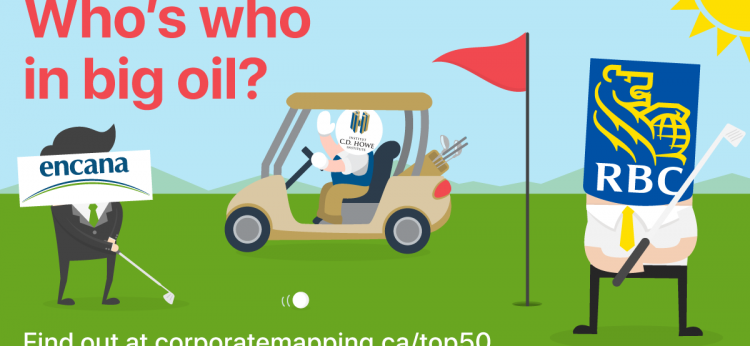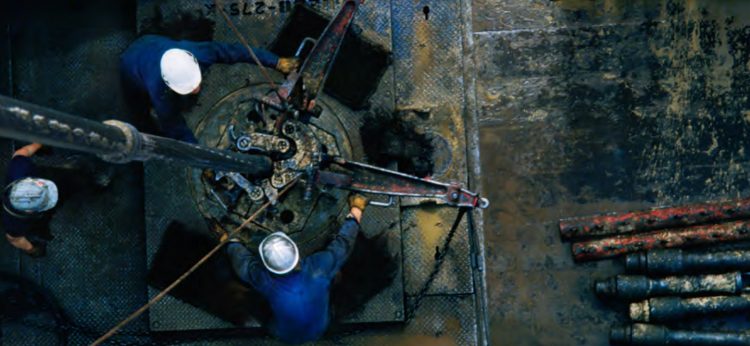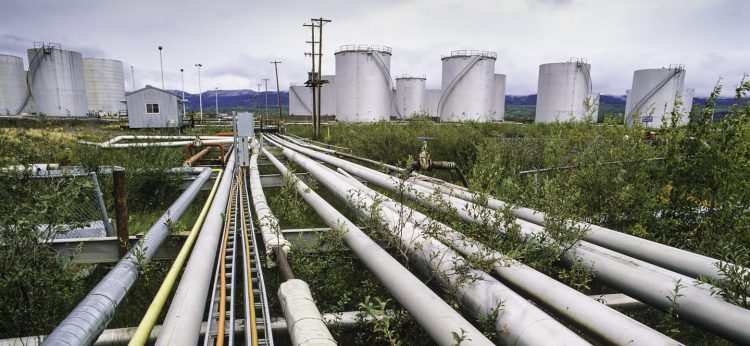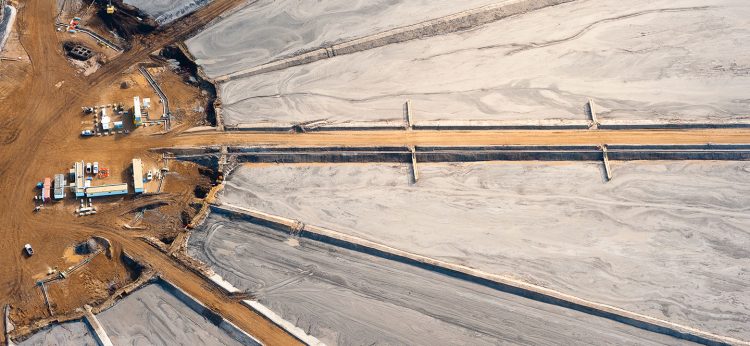Media Releases
Oil sands spending and productivity figures indicate majority of lost jobs not likely to return – new report
As debate continues to rage over pipelines for Alberta’s oil, a new Corporate Mapping Project report analyzes how the oil sands industry, in the early years of the mature phase of its business lifecycle, is producing more bitumen with less capital and fewer jobs. “Since the 2014 oil price crash, advancements in extractive technologies and …
Managed wind-down of BC’s fossil fuel industries good for climate, jobs and communities, new report
VANCOUVER — If BC is to meet its emissions targets and not perpetuate the climate crisis, it must phase out its fossil fuel industries by mid-century, says a report released today by the Canadian Centre for Policy Alternatives. Winding Down BC’s Fossil Fuel Industries: Planning for Climate Justice in a Zero-Carbon Economy, by Marc Lee …
Fracking ban warranted to protect some of British Columbia’s biggest dams, FOI documents reveal
(Vancouver) Fracking should be immediately banned close to BC Hydro’s two existing Peace River dams as well as the Site C dam construction project until a full public inquiry determines whether a comprehensive ban is warranted, the BC office of the Canadian Centre for Policy Alternatives says. The CCPA issued the call today after reviewing …
Oil Industry Influence in Saskatchewan public schools: Report
(Regina) With climate and energy issues dominating much of the political debate, the question of how and what students learn about these issues in our public schools has become an increasingly contentious issue. This is especially the case in Western Canada, where recent comments by conservative politicians and pundits like Alberta Education minister Adriana LaGrange …
Alberta coal phase-out offers important blueprint for global shift from fossil fuels
(Edmonton) A new report released today by the University of Alberta’s Parkland Institute argues that Alberta’s approach to handling the accelerated phase-out of the province’s coal-fired electricity generation offers an important case study as jurisdictions around the world grapple with ways to ensure a “just transition” to a low-carbon economy. Alberta’s Coal Phase-Out: A Just …
Canada Pension Plan’s ongoing investments in fossil fuels: a moral and ecological failure and financial risk
(Vancouver) How pension funds choose to invest has significant bearing on how we collectively address the climate emergency and the needed transition from fossil fuels, says a report released today by the Corporate Mapping Project and the Canadian Centre for Policy Alternatives, BC Office. By not taking necessary action, the Canada Pension Plan—one of Canada’s largest …
Fossil fuel industry lobby influences federal policy regardless of who’s in government, new report
(VANCOUVER) Over 60 per cent of voters in the recent federal election cast ballots for parties that campaigned to take action on the climate emergency. And, with the Liberal party returning to government having committed to more aggressively fight climate change, a new report suggests that the influence of the fossil fuel lobby may not …

Fossil-Power Top 50 launched
Who’s who of Canada’s fossil fuel industry in a publicly accessible database (VANCOUVER) What do Suncor, Encana, the Royal Bank of Canada, the Fraser Institute and 46 other companies and organizations have in common? They are among the entities that make up the most influential fossil fuel industry players in Canada. Today, the Corporate Mapping …

Report seeks to address ‘knowledge gap’ about Indigenous oil workers
EDMONTON – A new report released today by the University of Alberta-based Parkland Institute is a first step in beginning to address the dearth of research and knowledge about the lived experiences of Indigenous workers in northern Alberta’s oil sands region. Indigenous Gendered Experiences of Work in an Oil-Dependent, Rural Alberta Community is a mixed-methods …

Labour’s voices largely absent from news coverage of pipeline controversies: Study
VANCOUVER—A new study finds that BC’s news media frequently reinforce the assumption that there is an inevitable trade-off between environmental protection and job creation. Released today by the Canadian Centre for Policy Alternatives and Corporate Mapping Project, Jobs vs the environment? Mainstream and alternative media coverage of pipeline controversies analyzes over 300 recent articles about …

Oil sands ‘Big Five’ making billions despite oil price crash and pipeline delays, new report shows
EDMONTON – As debate continues to rage over pipelines and the current price differential for Alberta’s oil, a new Corporate Mapping Project report analyzes how the five companies that dominate the oil sands sector have fared during the recent boom-bust commodity cycle. “Despite the 2014 oil price crash and the ongoing hand-wringing over pipelines and …

Canada’s fossil-fuel sector controlled by a few major players
Canada’s fossil-fuel sector controlled by a few major players—including the five big banks, new study shows VANCOUVER – The major investors in Canada’s fossil-fuel sector have high stakes in maintaining business as usual rather than addressing the industry’s serious climate issues, a new Corporate Mapping Project study reveals. “Substantial ownership and strategic control of Canada’s …





